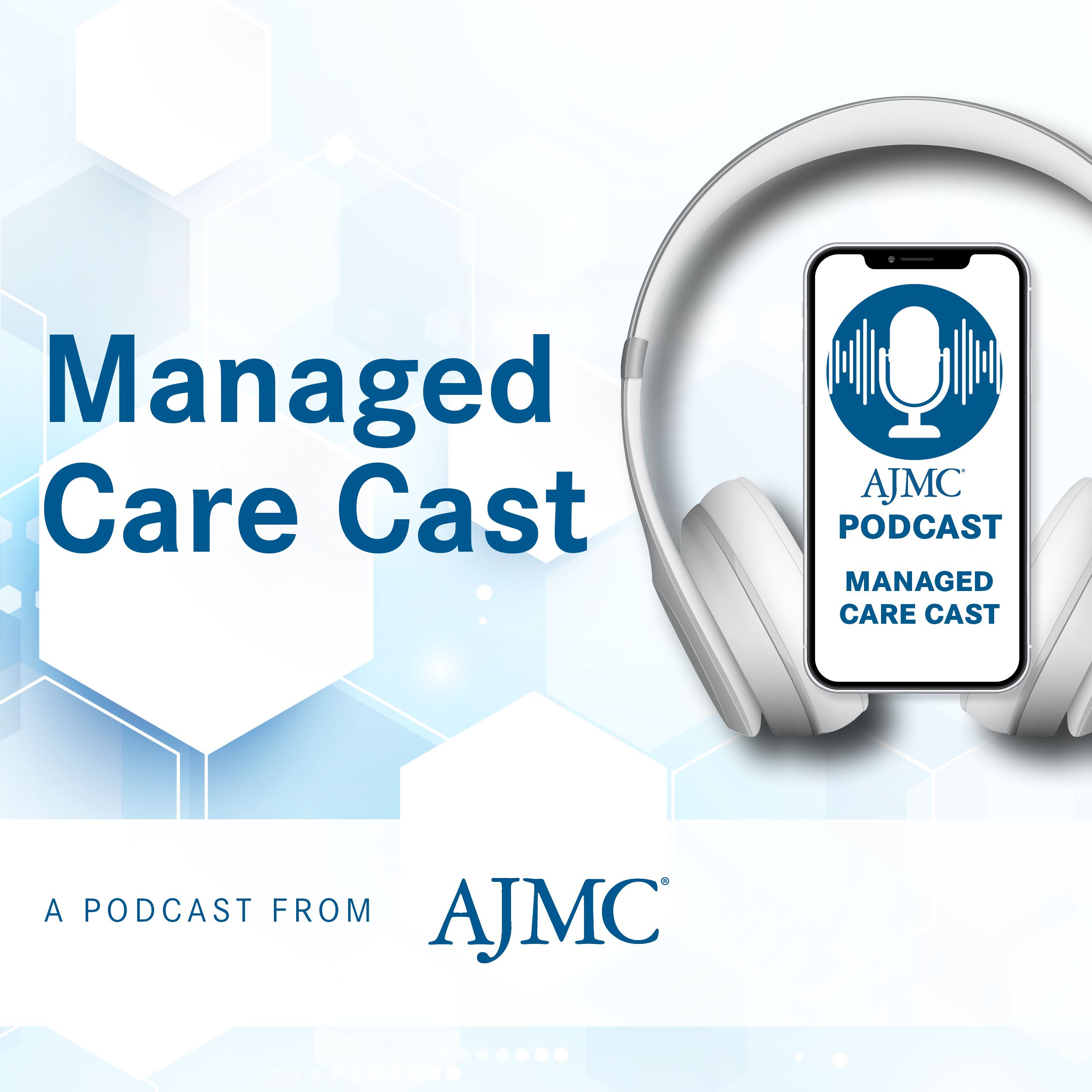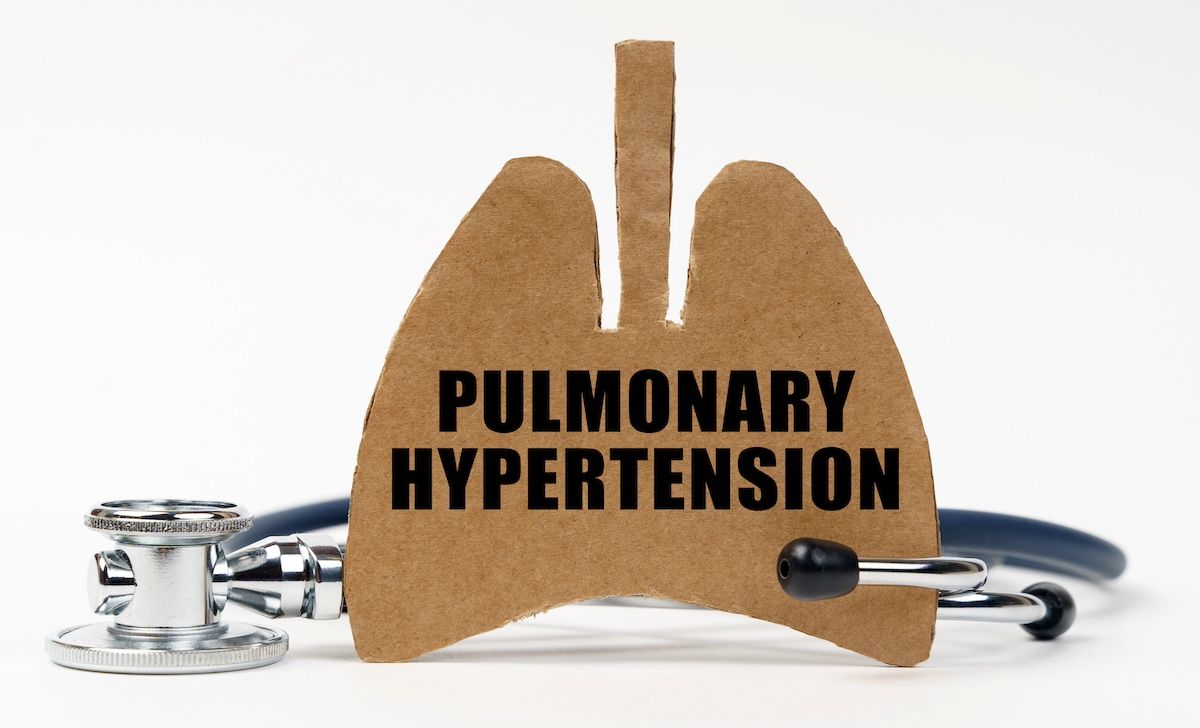News
Article
Coverage Expansion, Other Economic Policies May Yield Positive Impact on Hypertension Management
Author(s):
Researchers of the review are underscoring the potential for economic policies to improve the management of hypertension for the millions of people throughout the United States with the condition who are at risk for cardiovascular disease.
Health care cost illustration | Image credit: janews094 - stock.adobe.com

Expanding insurance coverage and offering financial incentives may improve the quality of hypertension management, and subsequently improve outcomes, say findings of a systematic review.
Compiling randomized controlled trials, difference-in-differences, and interrupted time series studies between 2000 and 2023, researchers of the review are underscoring the potential for economic policies to improve the management of hypertension for the millions of people throughout the United States with the condition who are at risk for cardiovascular disease. They published their findings in JAMA Health Forum.
“To address the pressing issue of uncontrolled hypertension and its associated risks, it is essential to consider broad-scale actions. Economic policies such as minimum wages, unemployment benefits, and Medicaid expansion might be potential interventions to improve hypertension control, by reducing cost-related barriers to health care among people with lower incomes,” wrote the researchers. “Economic policies that address health-related social needs, such as the Supplemental Nutrition Assistance Program (SNAP), might also have an effect on hypertension-related outcomes. Other economic policies, such as cost control policies or reimbursement models, may have unintended consequences and potentially reduce hypertension control.”
To date, explained the researchers, insights into the associations between these policies and patient outcomes has remained limited. For their literature review, the researchers used various databases, including PubMed/MEDLINE, EconLit, and Scopus. The group noted that 7 studies used self-reported assessment of medication use and blood pressure.
All but 1 of the 16 coverage expansion-related studies indicated that Medicaid expansion and other coverage expansions were associated with statistically significant improvements in treatment for hypertension and blood pressure control. Eleven of these studies assessed the impact of Medicaid expansion, 10 of which found positive associations with outcomes. Another found a significant reduction in systolic blood pressure but not diastolic blood pressure.
The outlier study—the landmark Oregon Health Insurance Experiment—did not find a significant impact of coverage expansion on blood pressure control. The researchers noted that differences in findings between this study and the rest may be explained by differences in study population (nationwide vs statewide) as well as how long after expansion implementation the study was done.
The other 4 of these studies assessed the impact of Medicare Part D expansion, and all showed statistically significant improvements in blood pressure control, as well as increases in the amount of prescriptions written and filled for medications for antihypertensive medications, and adherence to these prescriptions.
Financial incentives, assessed in 7 studies, were shown to improve treatment adherence and blood pressure control. The researchers noted that while programs, such as pay-per-performance programs, are typically initiated at a local level, the findings signal that targeted policies and novel payment and delivery approaches could help achieve hypertension management at a national level.
There were 8 studies offering insight into cost-sharing policies, including prior authorization for Medicaid, monthly prescription limits, and higher copays for antihypertensive drugs. Examples of these policies include a Medicaid program in Louisiana that limits patients to receiving 8 prescriptions per month. Policies like copayments on treatment for hypertension, explained the researchers, may discourage use, increase costs for patients, and reduce adherence.
“In response to concerns about the policy’s potential adverse effects on hypertension control, the Centers for Medicare and Medicaid Services has introduced a new rule proposal,” wrote the researchers. “The primary goal of the proposal is to enhance patient and clinician access to health information while streamlining the prior authorization process and promoting efficiency and transparency. These changes may improve hypertension treatment.”
Across the 8 studies, the researchers observed mixed results. Half the studies found that such policies had a negative association on treatment use, while 2 showed a positive association and 2 showed no association.
Reference
Zhang D, Lee JS, Pollack LM, et al. Association of economic policies with hypertension management and control: A systematic review. JAMA Health Forum. 2024;5(2):e235231.doi:10.1001/jamahealthforum.2023.5231





